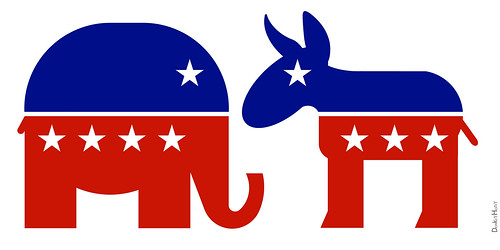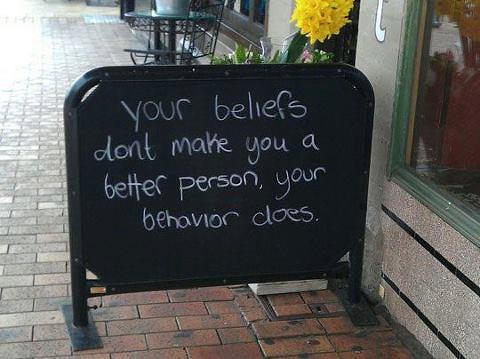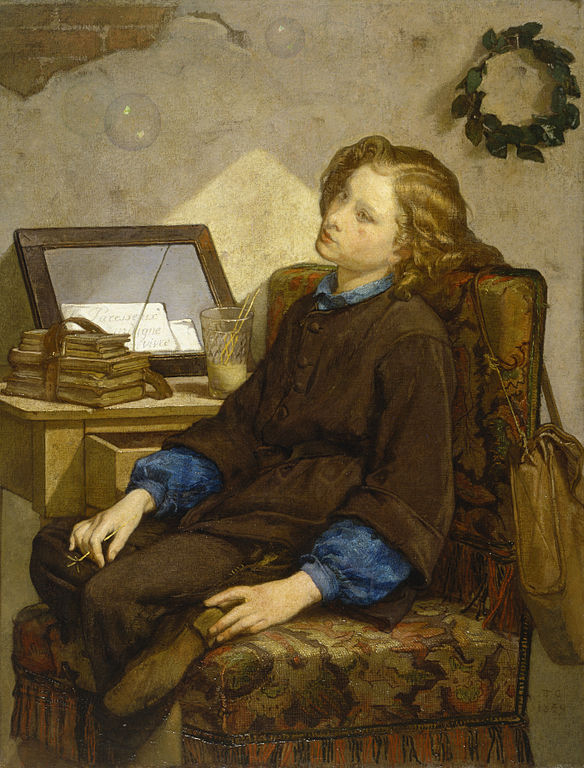(Another in the continuing series of quotes to start the week.)
Today marks the thirtieth anniversary of President Ronald Reagan’s speech at the Brandenburg Gate in Berlin, made famous by his challenge to Soviet Union General Secretary Mikhail Gorbachev: “if you seek peace, if you seek prosperity for the Soviet Union and Eastern Europe, if you seek liberalization: Come here to this gate! Mr. Gorbachev, open this gate! Mr. Gorbachev, tear down this wall!”
Earlier in that speech, Reagan contrasted the “free world that has achieved a level of prosperity and well-being unprecedented in all human history” with “the Communist world, [where] we see failure, technological backwardness, declining standards of health, even want of the most basic kind–too little food.” And he said
There stands before the entire world one great and inescapable conclusion: Freedom leads to prosperity. Freedom replaces the ancient hatreds among the nations with comity and peace. Freedom is the victor.
We could make the same observations today about the benefits of freedom. Where people are free to associate, to collaborate, and to trade, more of them prosper than do not. But where people are not free, whether they are forced to comply with others’ demands or restrained from acting in their own best interests, fewer of them thrive and more of them suffer.

President Reagan speaking in Berlin, 12 June 1987. (Image from Wikimedia Commons.)
I hope you exercise your freedom well and wisely this week! And don’t let anyone take it from you.













